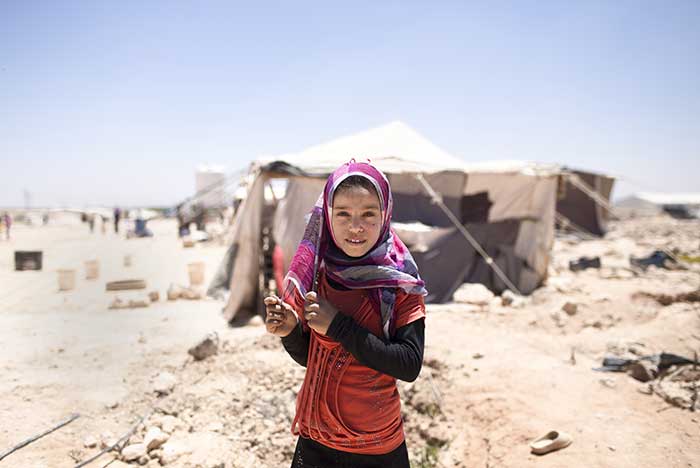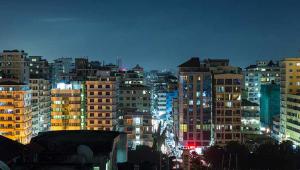web_syrianrefugeejordan_shutterstock_370632818.jpg

A Syrian girl in a refugee camp in Jordan
However, its economy and finances continue to be battered by the refugee crisis, the war in Syria and insecurity. At the end of 2016, growth was below expectations, debt and inflation had risen and unemployment had hit its highest levels in more than a decade.
Martin Cerisola, who led the IMF’s team in Jordan, emphasised that, despite the challenging conditions, Jordan had achieved a “reassuring positive fiscal outturn” and implemented important measures related to the energy and water sectors, and public financial and debt management.
The public sector-wide deficit fell from 7.1% of GDP in 2015 to 3.8% (around $1.4bn) last year, thanks to a strong performance from the state-owned electricity and water firms.
However, with growth falling short of expectations at 2%, the debt-to-GDP ratio increased to 95.1% by the end of the year. The IMF now predicts the country’s debt will to fall to 77% in 2022, rather than by 2021.
“Looking ahead, domestic, regional and global geopolitical and security developments are expected to continue to impinge on investor confidence, exports, investment and public finances,” said Cerisola.
“Without significant improvements in regional conditions, real GDP growth is projected to grow by 2.3% in 2017,” he continued, adding that supporting this in the longer term would require structural reforms and efforts to balance the public accounts.
Protests have already erupted across Jordan this year as austerity measures bite. The 2017 budget seeks to raise another $643m in taxes and tariffs, with the government having already announced increases to fuel prices and sales tax on certain goods and services this year.
The 2017 budget, approved in January, envisages reducing the deficit to $978m.
Cerisola and the IMF, which has signed a three-year reform programme with Jordan that gives it access to $700m in loans, welcomed the measures, as well as plans to contain “non-priority” spending and to conduct a spending review to identify further expenditure to “streamline”.
These plans could be bolstered by improving the efficiency of public investment and sticking to standards with regards to public-private partnerships, which would enhance “predictability and productivity, and minimise fiscal risks”, he noted.
Amid a 15.8% unemployment rate, with women and young people particularly hard hit, Cerisola recommended Jordan consider a “temporary and fiscally neutral” cut in social security contributions or a well-targeted tax credit to increase demand for formal jobs.
Meanwhile, Cerisola stressed that the support of Jordan’s donors will remain “highly critical”, especially in alleviating the pressures from hosting Syrian refugees and meeting the IMF programme’s debt reduction and inclusive growth objectives.
Jordan, which now hosts more than five million refugees, which puts a heavy burden on the government, finances and public services, relies on overseas aid for around 9% of its budget.
The country has also borrowed heavily on concessional terms from development banks and other international institutions, as well as foreign governments.













